
Gas supply costs hit record low levels in 2020 demonstrating the benefits of the EU market integration
Average gas supply sourcing costs declined in most EU Member States and the Energy Community Contracting Parties (including Georgia, Moldova and Ukraine) by more than €4/MWh year on year, according to a preliminary assessment of the EU Agency for the Cooperation for Energy Regulators (ACER) and the Energy Community.
The assessment measures the average yearly price at which nationwide suppliers can source their wholesale gas. The calculation considers the prices of products traded at national hubs, as well as declared cross-border gas imports and domestically produced gas.
The main drivers of the price decline were the demand reduction caused by COVID-19 and the highest-ever liquefied natural gas (LNG) deliveries registered during the first half of 2020. These resulted in historically low EU hub spot prices in the second quarter of 2020.
The assessment also revealed that only Ukraine, who progressed with gas market reforms, is reaping the benefits through more correlated gas prices with EU hubs, demonstrating the benefits of market integration. Due to limited upstream supply competition and lack of market liberalisation gas prices were still higher in the majority of the Contracting Parties than in the EU.
Find out more
MOST READ
SEE ALSO
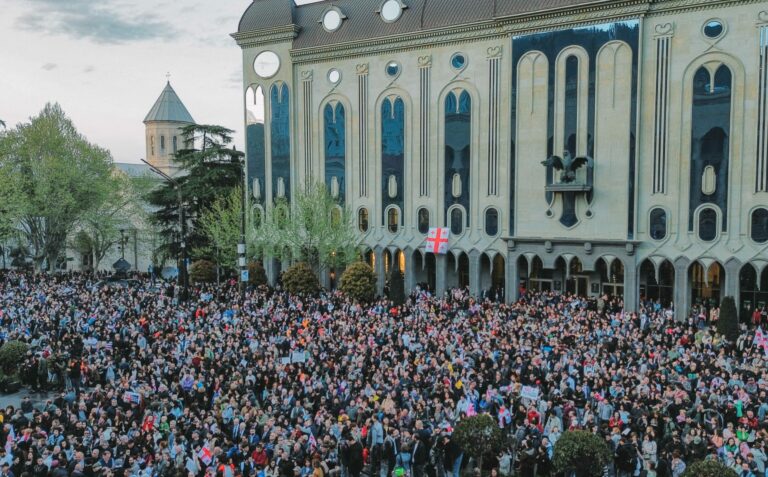
Borrell urges Georgian political leaders to withdraw draft law on foreign influence
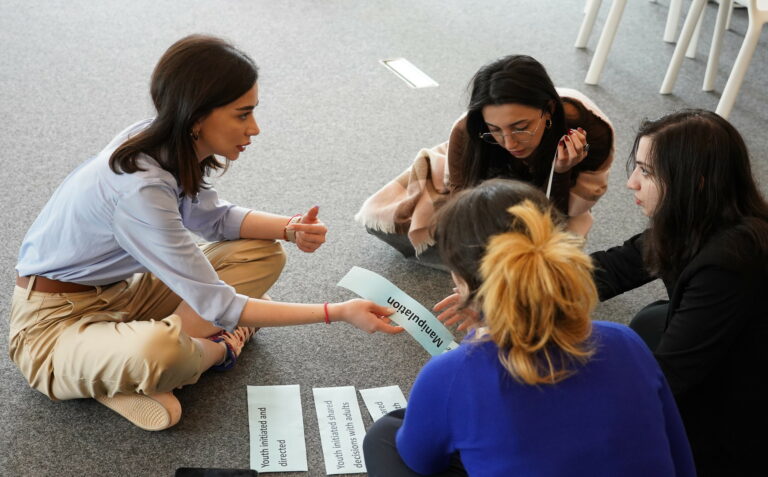
EU4Youth Alumni Network hosts IdeaLab in Tbilisi
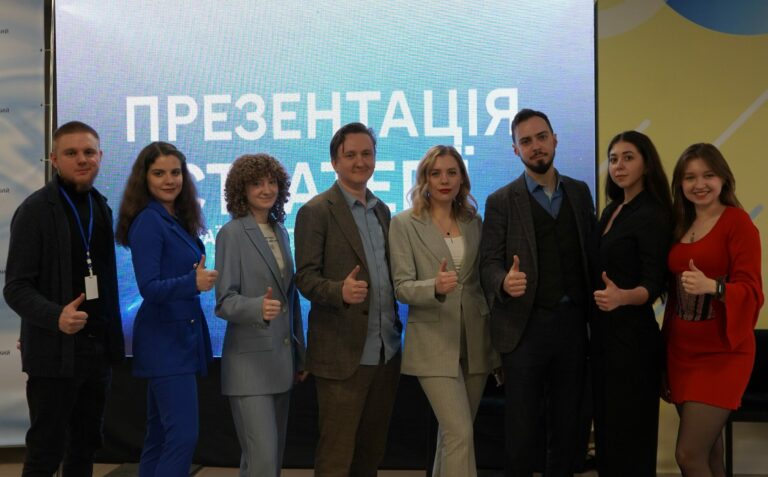
EU4Youth IV: Strategy of the All-Ukrainian Youth Center presented in Kyiv
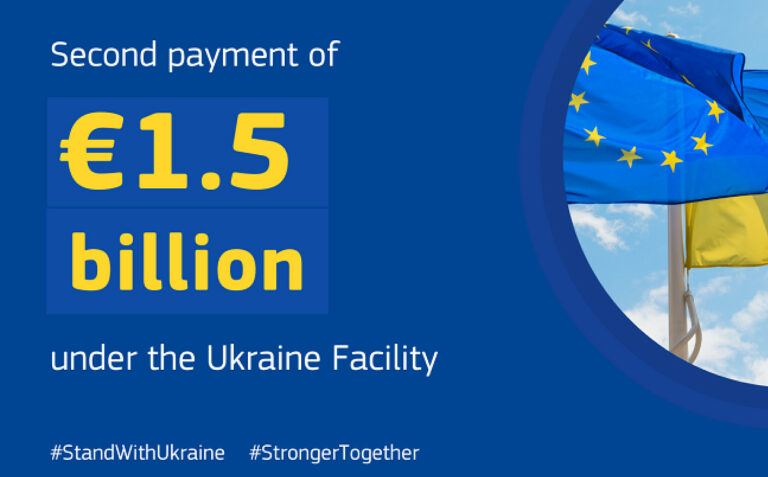
European Commission disburses additional €1.5 billion in bridge financing to Ukraine
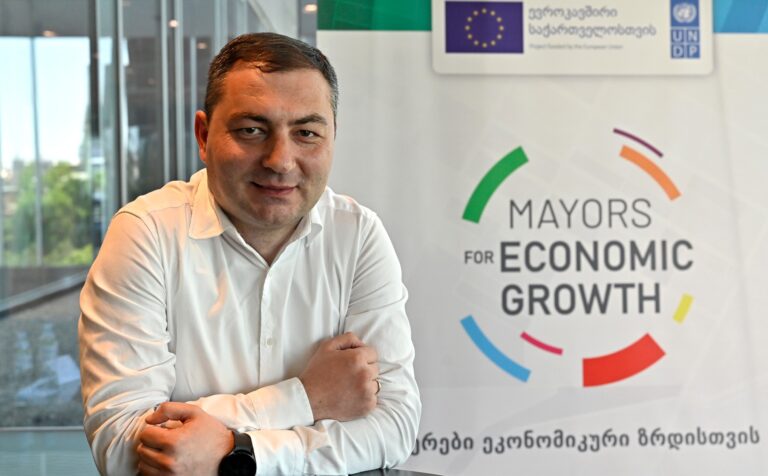
EU and UNDP launch Academy for Financial and Investment Readiness for Georgian municipalities
More campaign pages:
Interested in the latest news and opportunities?
This website is managed by the EU-funded Regional Communication Programme for the Eastern Neighbourhood ('EU NEIGHBOURS east’), which complements and supports the communication of the Delegations of the European Union in the Eastern partner countries, and works under the guidance of the European Commission’s Directorate-General for Neighbourhood Policy and Enlargement Negotiations, and the European External Action Service. EU NEIGHBOURS east is implemented by a GOPA PACE-led consortium. It is part of the larger Neighbourhood Communication Programme (2020-2024) for the EU's Eastern and Southern Neighbourhood, which also includes 'EU NEIGHBOURS south’ project that runs the EU Neighbours portal.

The information on this site is subject to a Disclaimer and Protection of personal data. © European Union,







